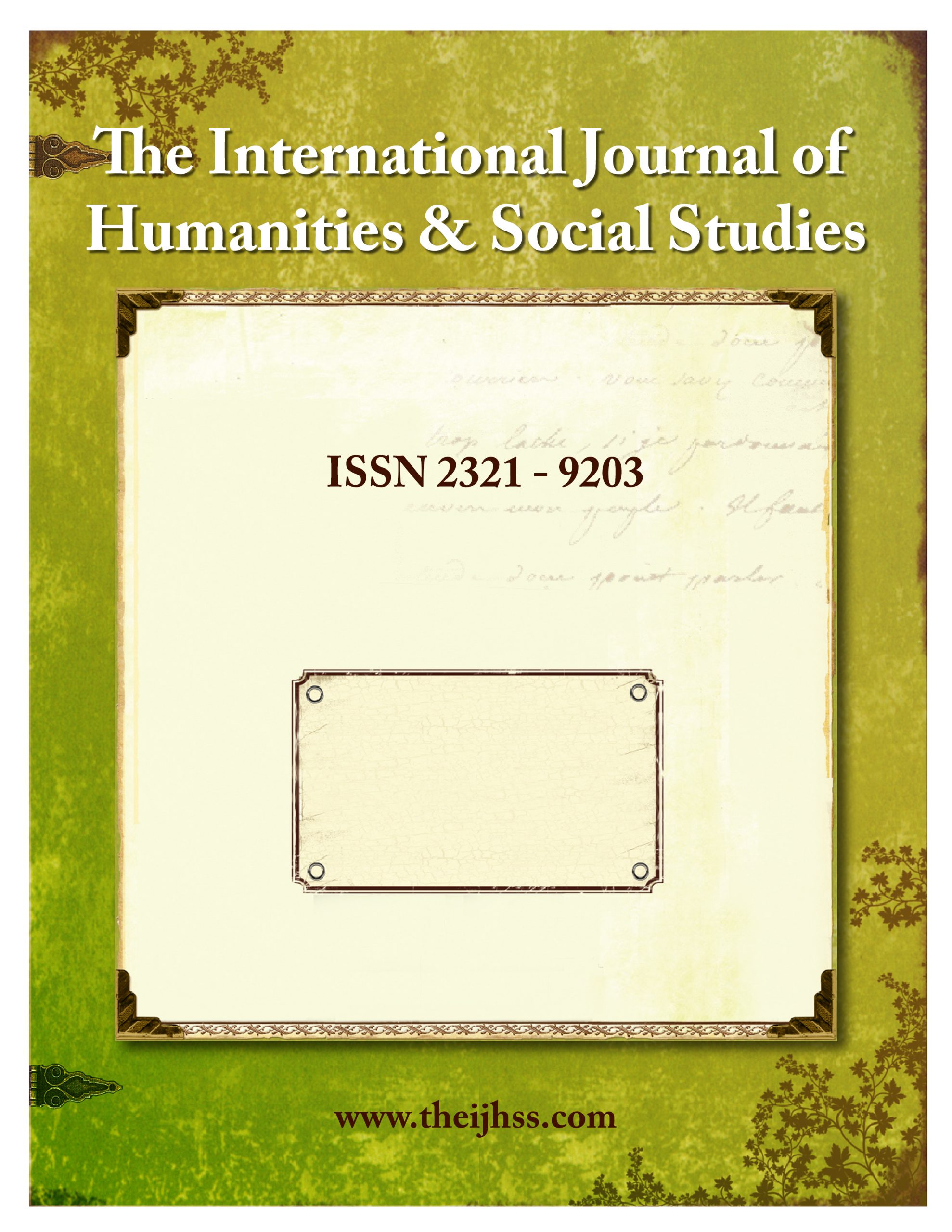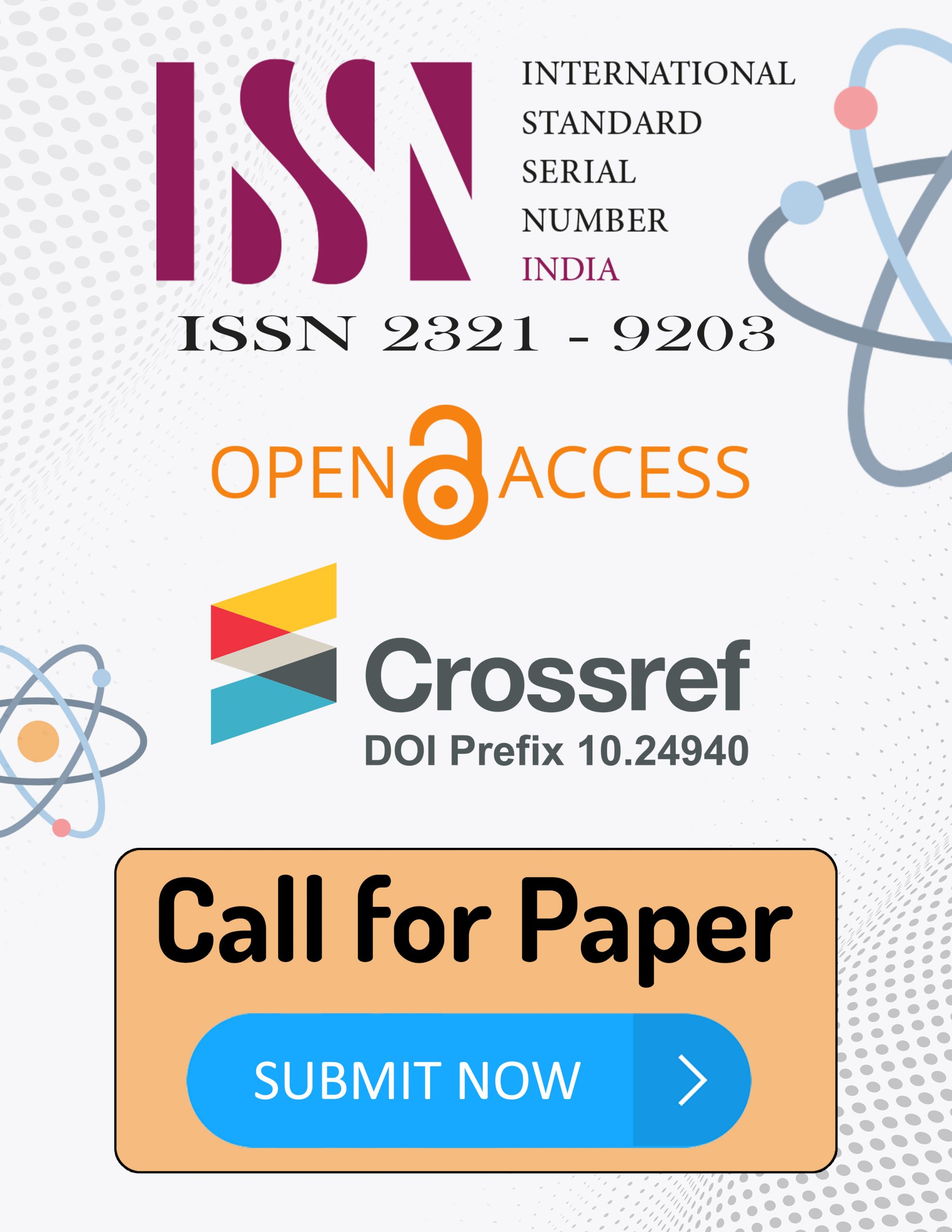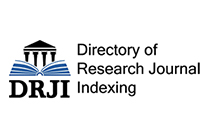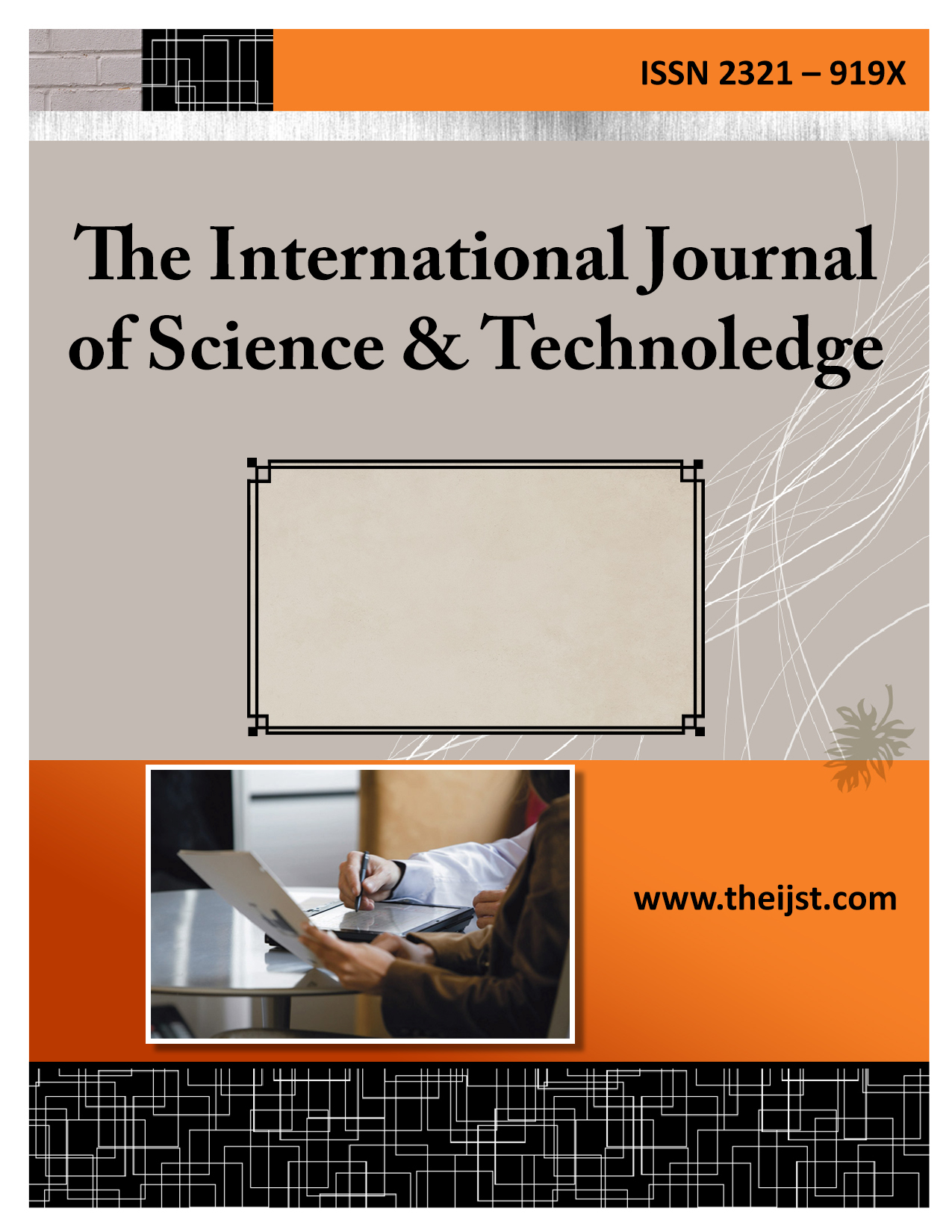In the vast landscape of academia, the dissemination of knowledge is paramount. For decades, academic books have been the cornerstone of scholarly communication, offering in-depth analyses, critical theories, and groundbreaking research findings. However, the traditional methods of distributing these books have often posed challenges in terms of accessibility and reach. Enter digital platforms – the game-changer in the realm of academic book distribution. In this blog, we’ll delve into how digital platforms are revolutionising the distribution of academic books, consequently enhancing accessibility for both authors and readers.
The Evolution of Academic Book Distribution
Traditional academic publishing has long been dominated by established publishing houses with stringent gatekeeping mechanisms. Authors often faced hurdles in getting their work recognized, with limited avenues for distribution. Additionally, printed books incurred significant production costs, resulting in high retail prices, further restricting access for readers, particularly those from underprivileged backgrounds or in developing regions.
Digital Platforms: A Paradigm Shift
The advent of digital platforms has revolutionised the conventional model of academic book distribution. These platforms, ranging from e-book marketplaces to open-access repositories, offer a myriad of benefits for both authors and readers:
1. Increased Accessibility:
Digital platforms transcend geographical barriers, allowing instantaneous access to academic books worldwide. Readers no longer need to wait for physical copies to be shipped or rely on limited stock in local bookstores. Instead, they can simply download the ebook version or access it online, democratising knowledge and fostering inclusivity.
2. Cost-Effectiveness:
Digital publishing significantly reduces production costs associated with printing, storage, and distribution. As a result, academic books on digital platforms are often more affordable, making them accessible to a broader audience. Moreover, open-access platforms eliminate paywalls, ensuring unrestricted access to scholarly literature for researchers, students, and enthusiasts alike.
3. Enhanced Discoverability:
Digital platforms leverage advanced search algorithms and recommendation systems, enhancing the discoverability of academic books. Readers can effortlessly explore a vast repository of titles, filter by subject matter or author, and discover relevant works tailored to their interests. This facilitates serendipitous discoveries and promotes interdisciplinary discourse within academia.
4. Flexibility and Interactivity:
Digital formats offer unparalleled flexibility, allowing for dynamic content presentation and multimedia integration. Interactive features such as hyperlinks, multimedia supplements, and collaborative annotation tools enrich the reading experience, engaging readers on a deeper level. Furthermore, digital platforms enable real-time updates and revisions, ensuring that academic books remain current and relevant in an ever-evolving landscape.
Implications for Authors and Publishers
For authors, digital platforms offer newfound opportunities for visibility, recognition, and impact. By circumventing traditional gatekeepers, scholars can self-publish or collaborate with emerging digital publishers, retaining greater control over their intellectual property. Moreover, digital platforms facilitate direct engagement with readers through feedback mechanisms, fostering a sense of community and collaboration.
Publishers, too, stand to benefit from embracing digital distribution models. By leveraging data analytics and user insights, publishers can optimise their marketing strategies, tailor content offerings to specific demographics, and adapt to changing reader preferences in real time. Furthermore, digital platforms enable publishers to experiment with innovative pricing models, subscription services, and licensing agreements, thereby diversifying revenue streams and mitigating financial risks.
Challenges and Considerations
Despite the undeniable advantages of digital platforms, several challenges and considerations warrant attention:
- Digital Divide: Socioeconomic disparities and technological barriers may impede access to digital content, particularly in underserved communities with limited internet connectivity or digital literacy skills. Addressing these disparities requires concerted efforts to bridge the digital divide through infrastructure development, education initiatives, and subsidised access programs.
- Quality Control: The proliferation of digital content raises concerns about quality control and academic rigour. Without rigorous peer review and editorial oversight, the credibility of academic literature may be compromised. Digital platforms must prioritise mechanisms for quality assurance, peer review, and accreditation to uphold scholarly standards and maintain trust among readers.
- Copyright and Licensing: Digital publishing introduces complex issues related to copyright, licensing, and intellectual property rights. Authors and publishers must navigate legal frameworks, negotiate licensing agreements, and implement digital rights management (DRM) solutions to protect their creative works while balancing the need for accessibility and fair use.
In conclusion, digital platforms are reshaping the landscape of academic book distribution, ushering in a new era of accessibility, affordability, and interactivity. By harnessing the power of digital technology, scholars, publishers, and readers alike stand to benefit from a more inclusive and dynamic ecosystem of knowledge dissemination. However, realising the full potential of digital platforms requires proactive efforts to address challenges such as the digital divide, quality control, and copyright concerns. By embracing innovation, collaboration, and ethical stewardship, we can harness the transformative potential of digital platforms to advance scholarship and foster intellectual enrichment on a global scale.











